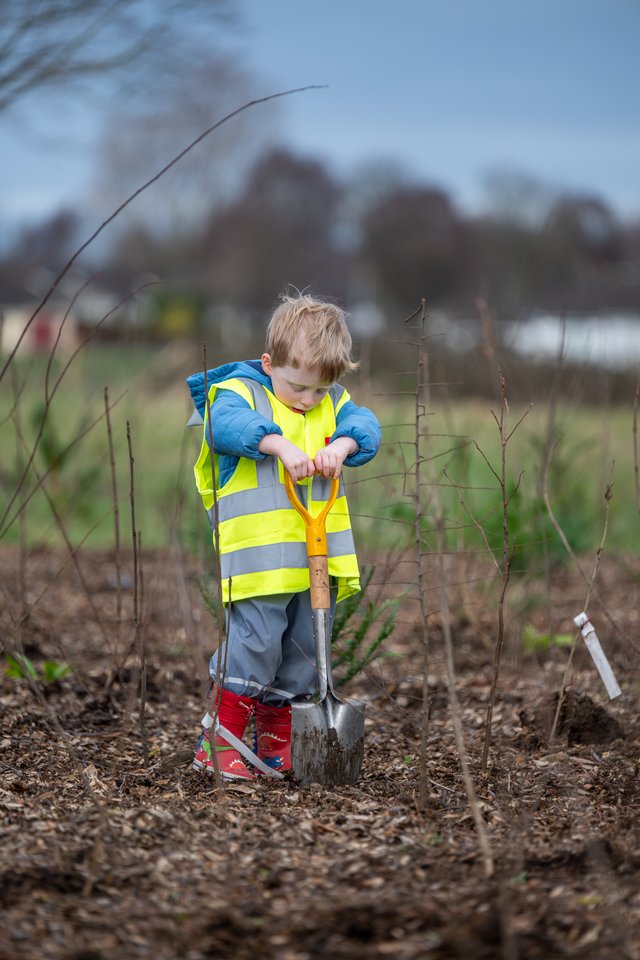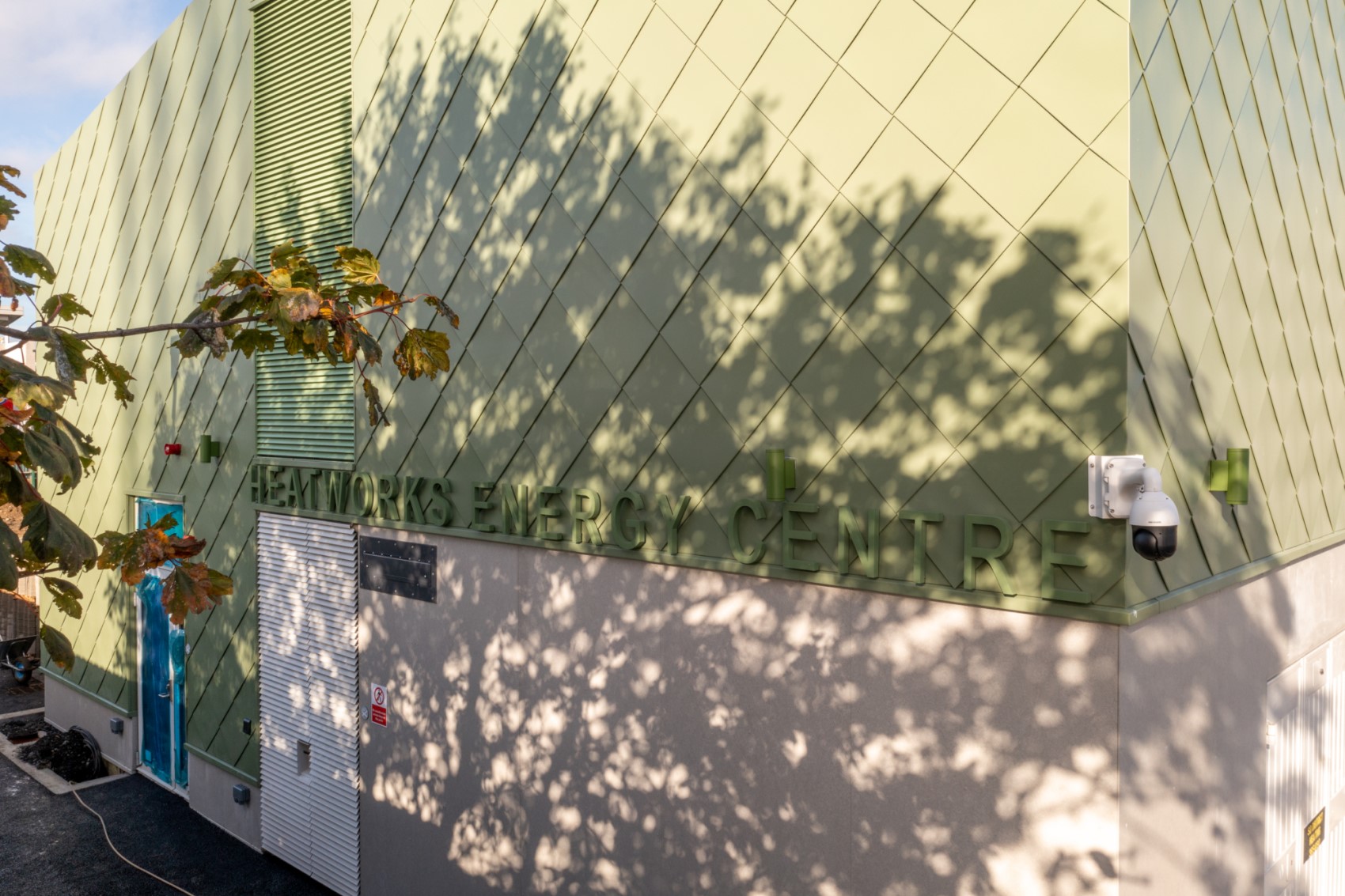Miyawaki Mini-Woodlands
South Dublin County Council is leading the way in environmental innovation by adopting nature-based solutions to tackle urban biodiversity challenges. One standout initiative involves the use of the Miyawaki method to create mini-woodlands in urban areas, fostering sustainable habitats while engaging local communities.
The Miyawaki method, developed by Japanese botanist Akira Miyawaki, is a technique that involves planting dense, native forests in a small area to rapidly increase biodiversity. The approach focuses on using local species, mimicking natural forests, and requires minimal maintenance once established. In South Dublin, these mini-woodlands are designed to enhance green spaces, combat urban heat islands, provide vital spaces for wildlife, assist in improving local air quality, reduce local flooding potential and enhance recreation value of local landscapes.
This initiative has seen active collaboration between South Dublin County Council and local community groups. Together, they have transformed previously underutilised plots into thriving ecosystems, contributing to the county's broader goal of promoting sustainability and climate resilience.
The Miyawaki woodlands are not only ecological havens but also serve as educational resources, teaching residents about native species, environmental stewardship and the importance of green infrastructure in urban areas.
To date in 2025 over 11 South Dublin County sites and approximately 30,030 native saplings and shrubs have been planted. The first site planted in Sean Walsh Park in 2021 is already displaying an impressive growth, with many of the trees over four metres in height!
More details are available on the South Dublin Website.


